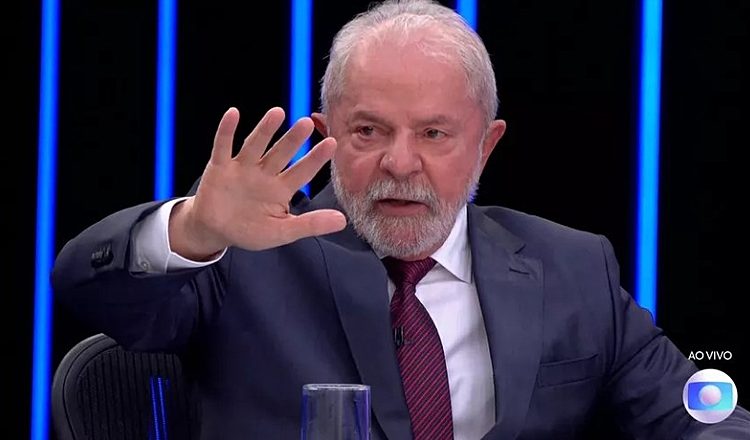Anyone who has carefully watched Jornal Nacional’s interviews with presidential candidates knows that such events are not simply journalistic exercises. Not only do they expose the editorial line but also the intentions of Globo Group, Brazil's largest media conglomerate.
As an example, the same TV channel that was crucial to Lula's defeat in 1989 had already determined a "price" (it was not a common term at the time) to the leftist's victory in the 2022 presidential elections. There was a reason for that. Fernando Henrique Cardoso was in his second term as the country’s president amid a blackout in the energy system, high inflation, rising unemployment, and public debt. The opposition's victory was almost a certainty and Globo Group knew that it would have to deal with the future president.
During the 2002 interview, the interviewers sought to make sure of Lula’s commitment to not default on the foreign debt, containing alleged Workers’ Party radical strands. In the same electoral campaign, Lula presented the “Letter to Brazilians”, in which he stated his intention to respect a few postulates to calm the so-called "market". And the interests of the market, in general, coincide with those of Globo, which plays the role of its spokesperson.
It was not only with Lula that Globo wanted to make such commitments. In 2018, when interviewing Bolsonaro, William Bonner insisted on asking the then-candidate whether Paulo Guedes would have a virtually unshakable role in the government. And so it was.
Now, interviewing the Workers’ Party candidate, Globo was back in full force. The former president reaffirmed his vocation for dialogue and his willingness to form a broad front, citing his vice in the ticket, Geraldo Alckmin, more than once. However, he drew a line regarding what was said by Jornal Nacional’s hosts. He is not the 2002 Lula. And he is not even remotely radical. But he is not up for anything.
Lula, Prosecutor’s Office, Dilma and agribusiness
As might be expected, corruption was the first topic discussed. In the 2006 interview, in the wake of investigations into monthly stipend (dubbed “Mensalão”), that was also the main topic. But this time, the issue was not discussed alone. It emerged along with the debate on the role of the Prosecutor’s Office, a fundamental institution that had its role diverted during Operation Car Wash. Globo strongly supported the operation and tried to advocate for the “triple list”, containing three candidates for the post of attorney general, which was only followed during the Workers’ Party governments. On this occasion, he did not get a "Letter to Brazilians" from the Prosecutor’s Office.
In yesterday’s interview, they also tried to corner the interviewee by criticizing Dilma's administration. Many of the analysts focusing on the group repeatedly said that the Workers’ Party campaign would "hide" Dilma. And that hasn't happened, for a simple reason: Lula and the Workers’ Party have to defend and give new meaning to what was said about a government that was far from perfect, but that didn't deserve an impediment as a result of a coup. In any case, the end of the Operation Car Wash at least helps the other side of the story to be heard today.
Agribusiness was also mentioned and so was what supposedly is its antagonist, the Landless Workers Movement. The allusion to alleged radicalism within the Workers' Party echoes the grotesque covers of Veja magazine in 2002 and even pieces published by mainstream media outlets, including Globo. Once again, Lula did not avoid talking about the issue and called for conciliation between family farming and export-oriented farming.
If, with everything considered, Lula praised the broad front through the alliance signed with Geraldo Alckmin, he also showed that it was Alckmin who changed sides. And that any compromises with different sides that make up this front have limits. The message is that he will not hide historical partners or commitments. As a guarantor of the democratic arrangement that has been so attacked, the former president knows its value in the current scenario and is aware that today he should surrender less than what he did twenty years ago.
In one of the noteworthy moments of the interview, Lula stated that "Paulo Freire said that it is necessary to unite those who disagree in order to better face the antagonists”. How good it is to hear Paulo Freire quoted in the proper way.




